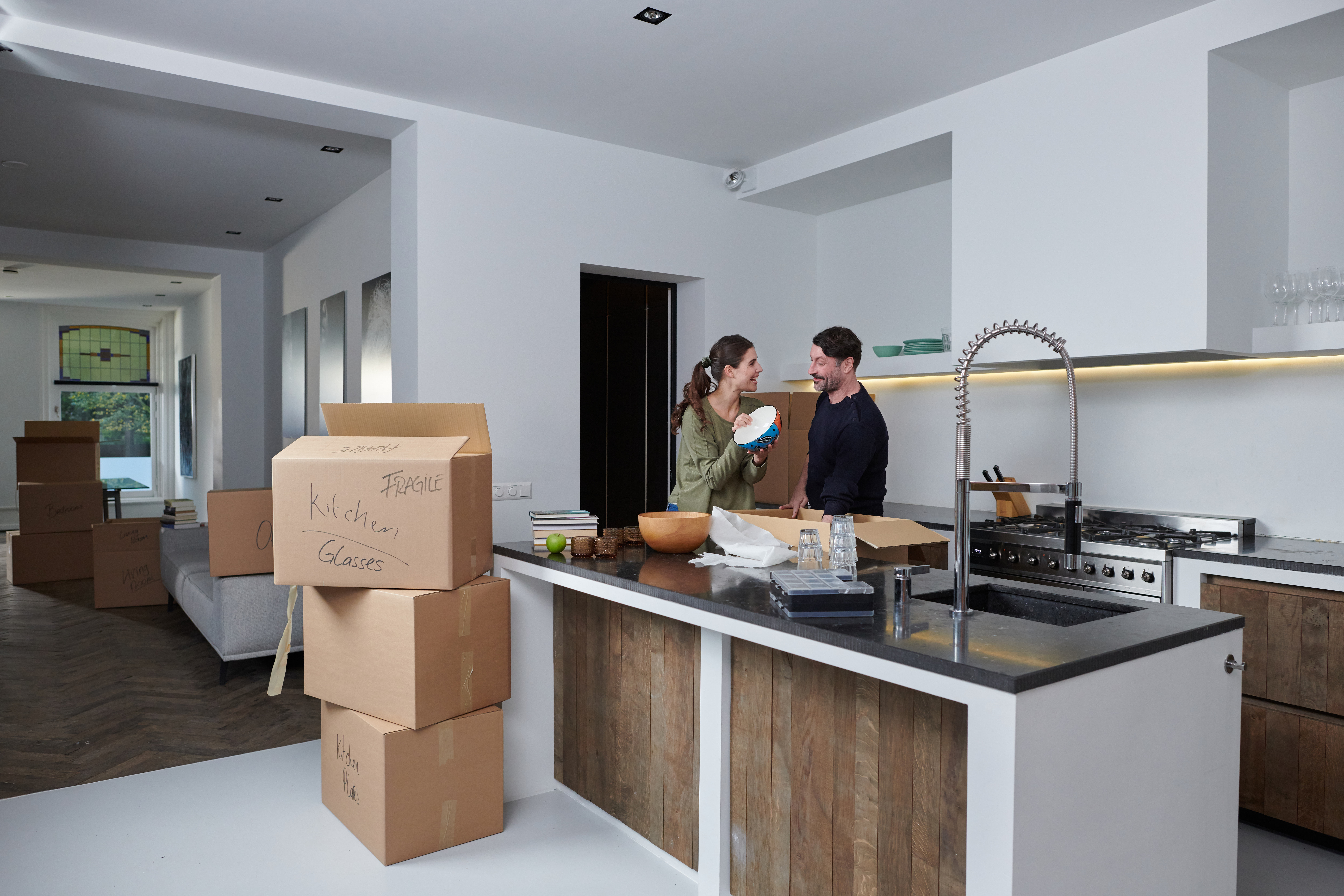Partner content
Buying a home in the Netherlands: your basic questions answered

Buying a home in a foreign country can be extremely complicated and confusing. So ABN AMRO, which has been helping expats in buying homes in the Netherlands for many years, has put together a breakdown of the most common questions people ask.
“I really understand how complex it can be to buy a home in the Netherlands as an expat,” says ABN AMRO mortgage advisor Michael Tol, who specialises in dealing with international clients. “That’s why we thought it would be sensible to take some of our clients most common questions and answer them so everyone can benefit.”
Check out the video or find out more below.
The video covers the need to hire a real estate agent and how much the market value of the property affects your borrowing capacity. It also looks at what costs associated with buying a home can be deducted from tax and more. If these are questions you want answered, read on or watch the video.
Do I need to hire a real estate agent?
Using the services of a real estate agent will cost you money, but they can also save you cash. Real estate agents are experts in the local market. They are the first to know when new homes are put up for sale and they have in-depth knowledge about the area you are looking in. So they’ll know if a neighbourhood meets your needs, if it has good schools, for example, or a park to walk your dog.
They also know if the asking price is fair and can help you make a reasonable offer which has a good chance of getting accepted without bidding too much.
How does the market value of a house affect your borrowing capacity?
In the Netherlands, how much you can borrow is largely based on your income, any outstanding loans you may have, and your residency status. But the market value of the property has a significant role as well.
The basic rule is that a mortgage cannot exceed 100% of the market value of the property – that means the market value, not what you are offering. Let’s say, for example, you see a nice home on Funda with an asking price of €350,000 and you like it so much you bid €355,000. Your offer is accepted and you begin the process of asking for a mortgage.
But if the official valuation, or appraisal report, says the property is only worth €345,000, you will need to find €10,000 of your own money to complete the deal. If the property is valued at €355,000, you could get a mortgage for the complete purchase price.
If you plan to invest in energy efficiency measures or if you are buying an extremely energy efficient house, you may be able to borrow more. You can also check out how much you can borrow using ABN Amro’s mortgage calculator.
Can you deduct your mortgage interest and other costs from tax?
In the Netherlands, the interest you pay on the mortgage for your own home can be deducted from tax, either on a yearly or monthly basis. But that is not all.
Purchasing costs in the Netherlands are known as kosten koper and some of them are deductible as well. The property transfer tax is not as a general rule but if you are under the age of 35 and buying your first home costing no more than €510,000, you will be exempt from paying this tax. The bill you will have to pay the notary, the legal specialist who does the paperwork, is partly deductible.
If you hired a real estate agent or had a technical survey done, their bills are not tax deductible. The valuation, or appraisal, the cost of your mortgage advisor and the national mortgage guarantee (if you qualify) can all be deducted from tax.
If you have more questions, or your specific top was not covered, you are welcome to join one of ABN AMRO’s free online information events, or schedule a meeting with Michael or one of his colleague mortgage advisors directly. They are more than willing to help you through the entire process.
Find out more via abnamro.nl/mortgage-for-expats
Thank you for donating to DutchNews.nl.
We could not provide the Dutch News service, and keep it free of charge, without the generous support of our readers. Your donations allow us to report on issues you tell us matter, and provide you with a summary of the most important Dutch news each day.
Make a donation